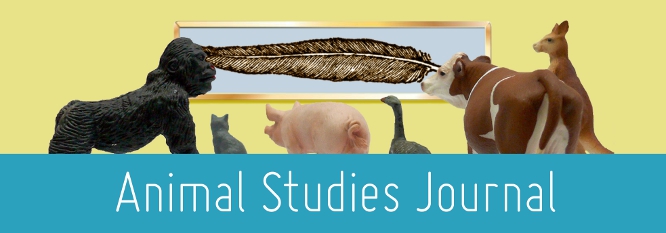Home > assh > ASJ > Vol. 9 (2020) > No. 1

Abstract
The view that non-human animals are ‘co-workers’ is a common trope used by researchers and the farming community, and increasingly forms the centre of inquiry in sociology, philosophy, and political economy. Scholars like Barbara Noske, Jocelyne Porcher, and Diane Stuart claim that animals are alienated from their labour, and that their contributions to our society are not recognized by it. Building on these findings, moral and political philosophers have recently argued that animals should have rights at work, like the right to remuneration or retirement. The much more pressing question, however, is whether animals should have a right to work. The right to work has emerged from a desire to recognize workers’ ‘right to pursue happiness’, and analogously, animals may have an interest in flourishing and in contributing to the wellbeing of their kin, which may be satisfied by fulfilling work. But the right to work is not without risk since it has been interpreted as a duty to work, is accused of reinforcing ableism and promoting dependency. This article provides an overview of the emerging debate, offers critical perspectives on the promises and pitfalls of animal labour, and establishes the necessary safeguards for labour to pave the way for interspecies justice.
Recommended Citation
Blattner, Charlotte, Should Animals Have a Right to Work? Promises and Pitfalls, Animal Studies Journal, 9(1), 2020, 32-92.Available at:https://ro.uow.edu.au/asj/vol9/iss1/3
Included in
Agricultural and Resource Economics Commons, Art and Design Commons, Art Practice Commons, Australian Studies Commons, Communication Commons, Creative Writing Commons, Digital Humanities Commons, Education Commons, English Language and Literature Commons, Feminist, Gender, and Sexuality Studies Commons, Film and Media Studies Commons, Fine Arts Commons, Legal Studies Commons, Linguistics Commons, Philosophy Commons, Political Science Commons, Public Health Commons, Race, Ethnicity and Post-Colonial Studies Commons, Sociology Commons, Theatre and Performance Studies Commons

